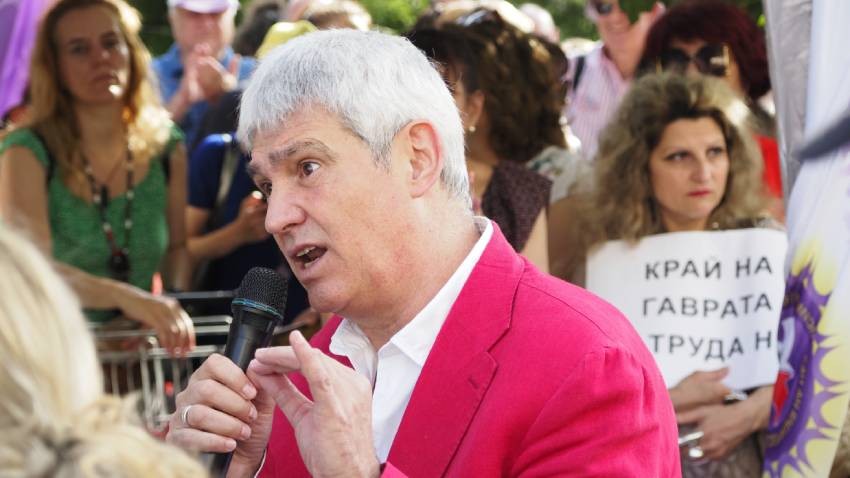
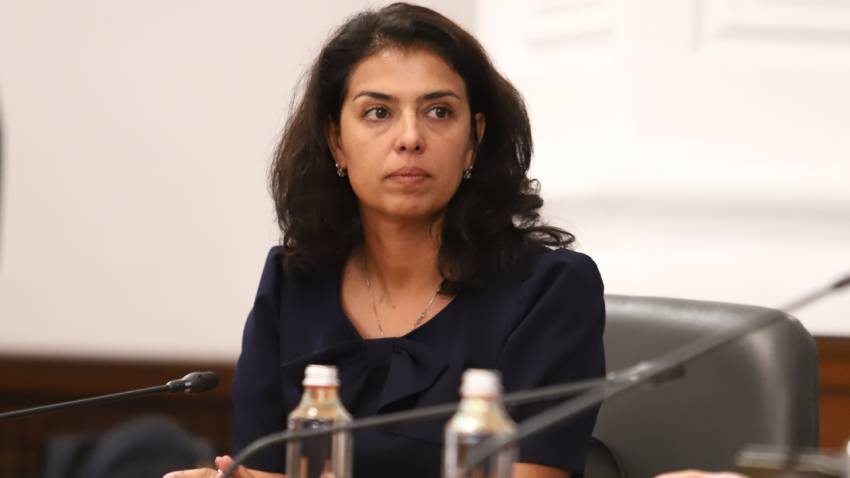
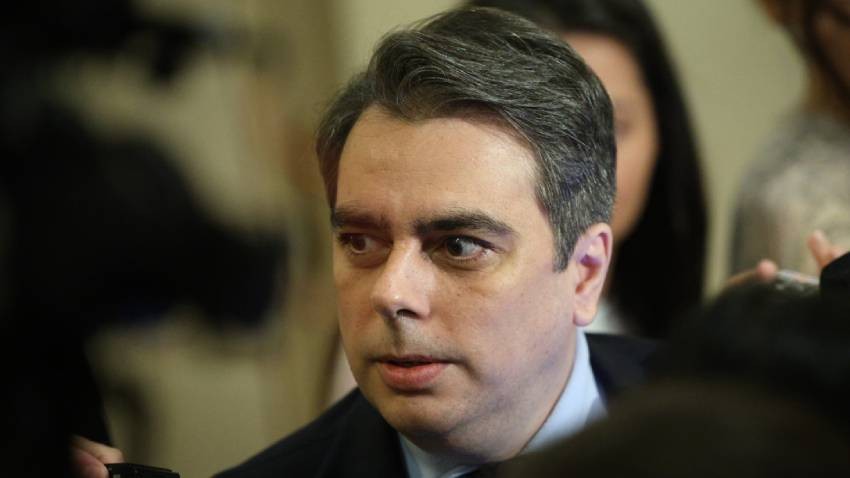
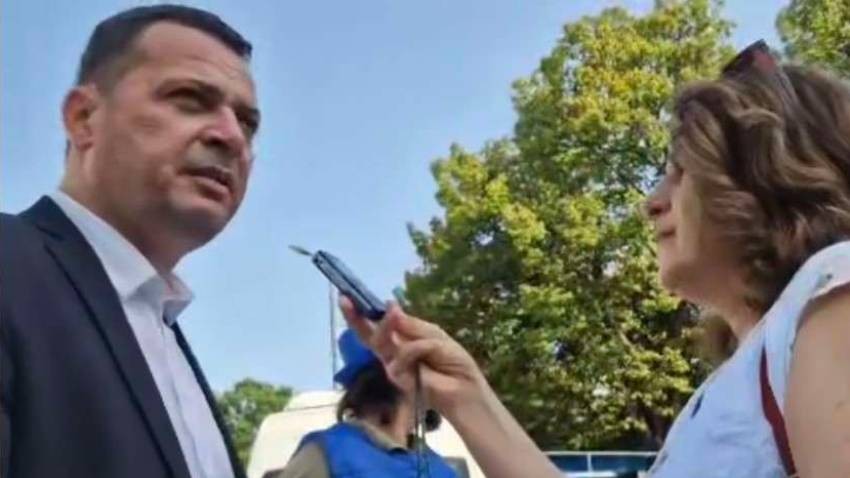
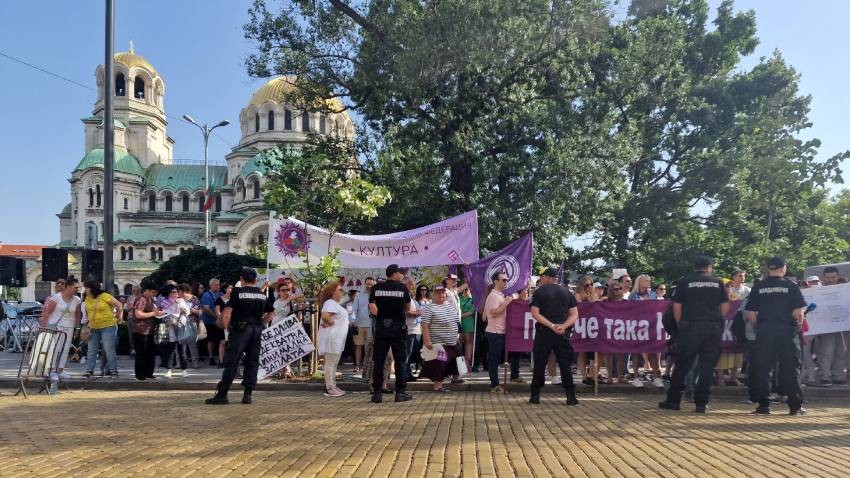
At the end of last week, we witnessed the third consecutive failed vote of no confidence against the government of Prime Minister Rosen Zhelyazkov. This time, the motion was initiated by Vazrazhdane (Revival), the third largest parliamentary political..
The draft report on the progress of North Macedonia on its path to European integration has been a hot Balkan topic in recent weeks, after rapporteur Thomas Weitz included in the document concepts such as "Macedonian identity" and..
The European Commission has given a positive assessment of Bulgaria’s amended Recovery and Resilience Plan (RRP). According to BNR correspondent in Brussels Angelina Piskova, the document includes a special chapter dedicated to attaining independence..

+359 2 9336 661
